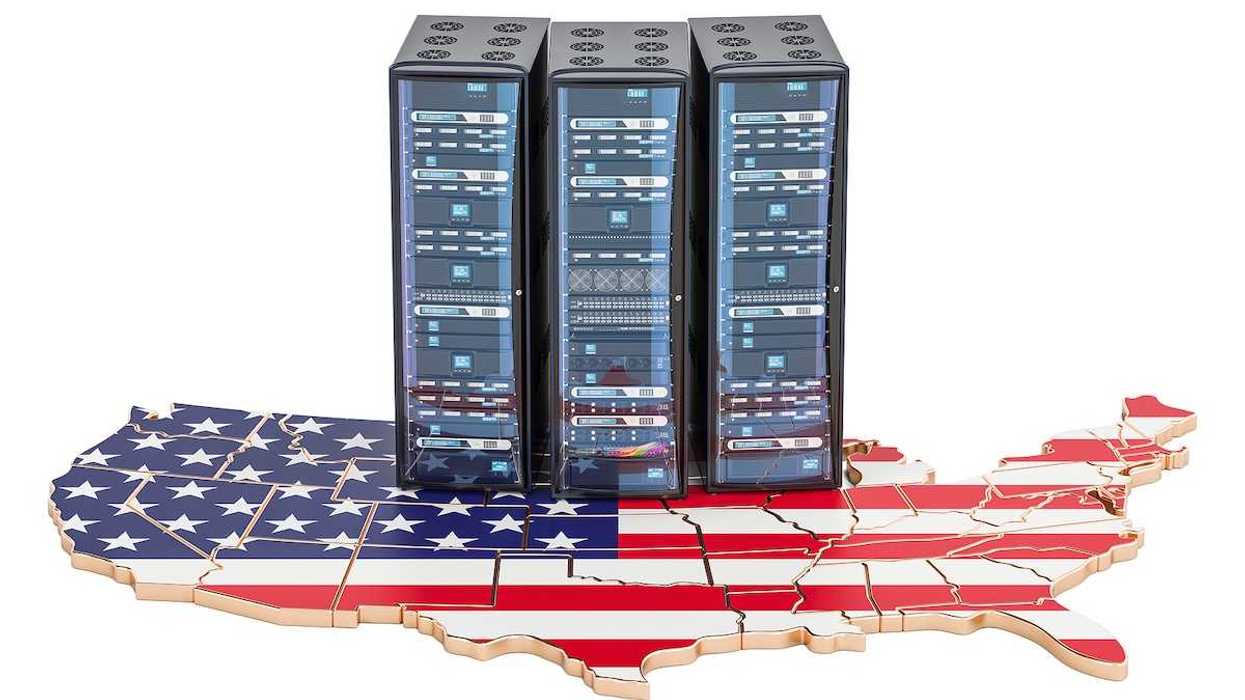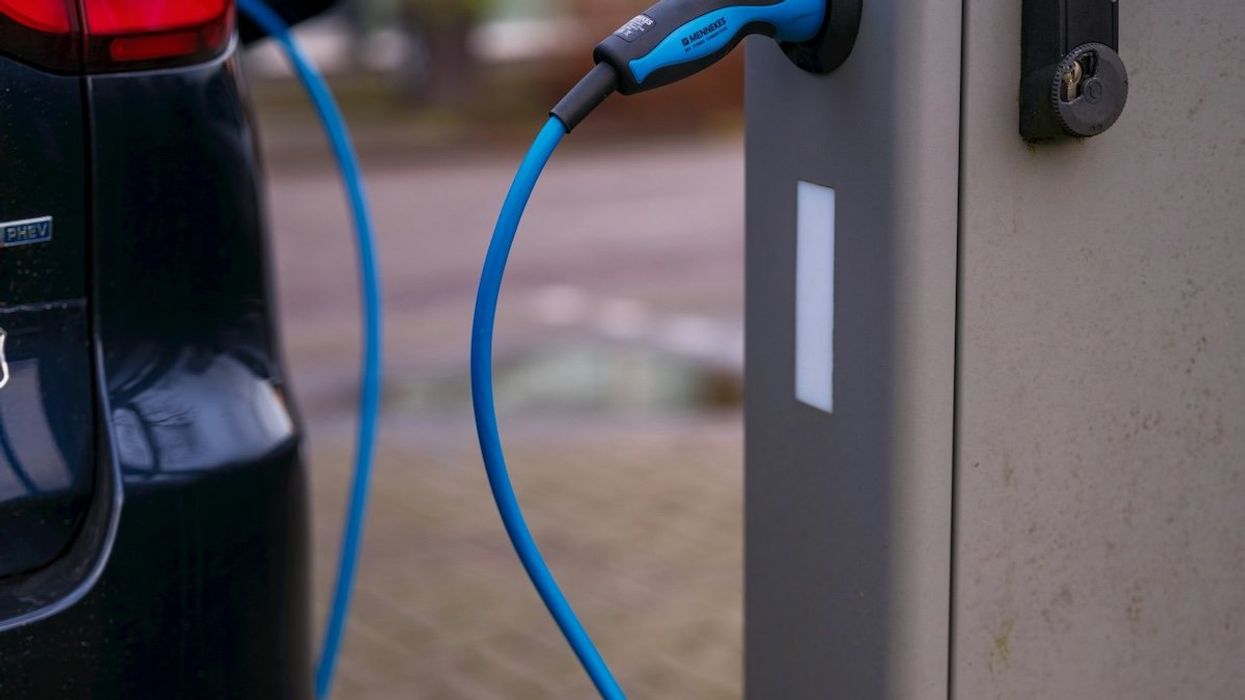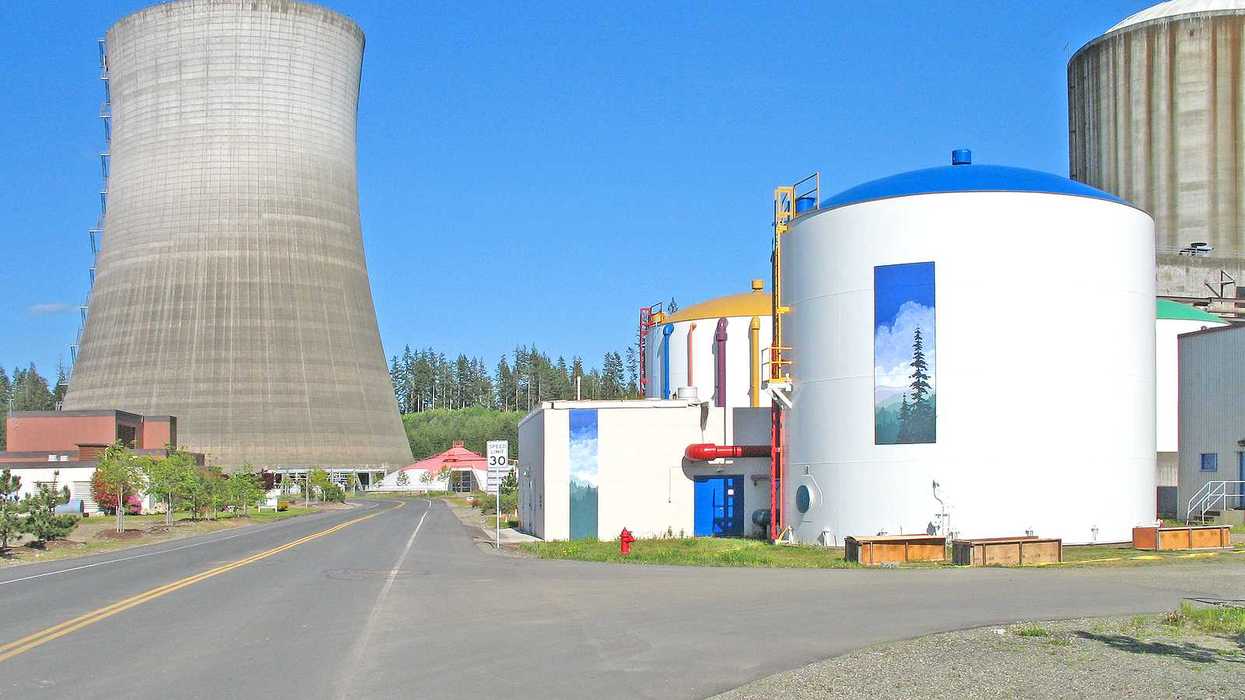President Donald Trump celebrated the sale of U.S. Steel to Japan’s Nippon Steel on Friday, a move that could lock in coal-powered steel production for another generation despite environmental and economic shifts away from the fuel.
Kiley Bense reports for Inside Climate News.
In short:
- Trump endorsed Nippon Steel’s $15 billion acquisition of U.S. Steel after initially opposing it, promising tariffs and jobs but offering few details on climate or modernization commitments.
- The deal could preserve aging, polluting coal-based blast furnaces in Pennsylvania’s Mon Valley, raising alarm among health and climate advocates who say the decision runs counter to global steel trends.
- U.S. Steel has a history of pollution violations, and local residents fear a continued reliance on coke-based steelmaking will worsen air quality and delay a transition to cleaner technologies.
Key quote:
"This administration has such an animus towards anything that fights climate change. That’s terrible for the future competitiveness of our industries.”
— Mike Williams, senior fellow, Center for American Progress
Why this matters:
Steelmaking is one of the world’s most carbon-intensive industries. While much of the global steel sector is pivoting to electric arc furnaces and hydrogen-based processes, blast furnaces — especially those fueled by the concentrated, very polluting form of coal known as coke — emit large amounts of particulate matter and greenhouse gases. These emissions are linked to respiratory illness, cardiovascular disease, and cancer in communities near production sites. Pennsylvania’s Mon Valley, where U.S. Steel runs multiple coal-powered plants, has long suffered from poor air quality and a legacy of broken promises about cleaner operations. Continued investment in coal-based infrastructure, as signaled by this deal and President Trump’s executive support for “clean coal,” could prolong both health and climate damage. Globally, the industry’s decarbonization is accelerating, but entrenching old methods in the U.S. risks falling behind technologically and economically.
Related EHN coverage:
- Coal-based steelmaking in Pennsylvania causes up to 92 premature deaths and $1.4 billion in health costs every year: Report
- Nippon Steel shareholders demand environmental accountability in light of pending U.S. Steel acquisition
- Clairton residents on the proposed U.S. Steel class action settlement: “It’s not enough.”
- Amidst a controversial international sale, U.S. Steel falls behind in cleaner steelmaking














